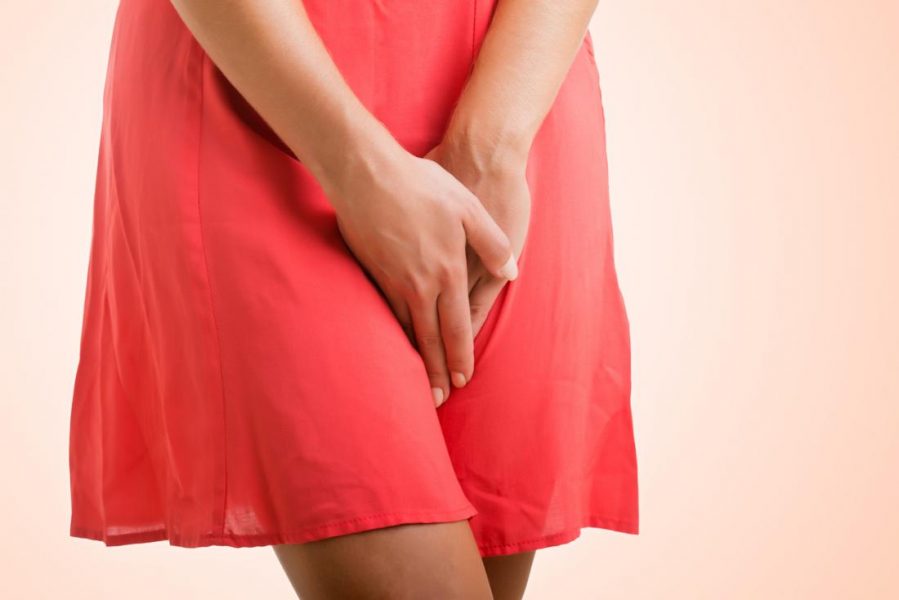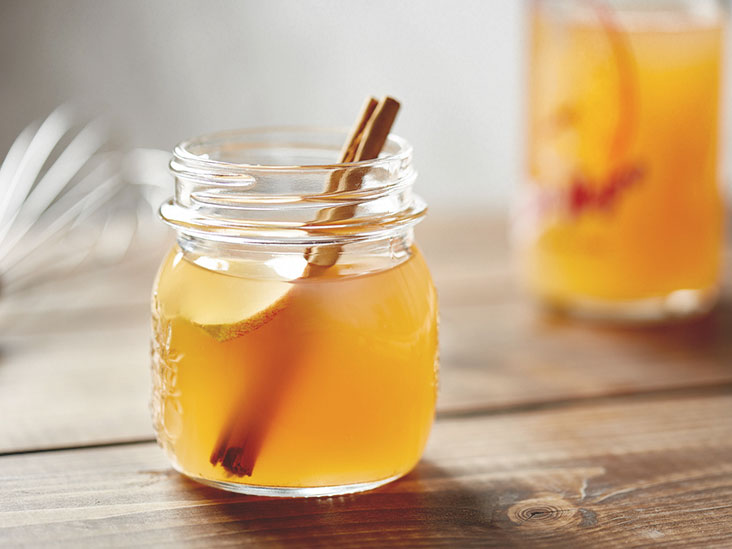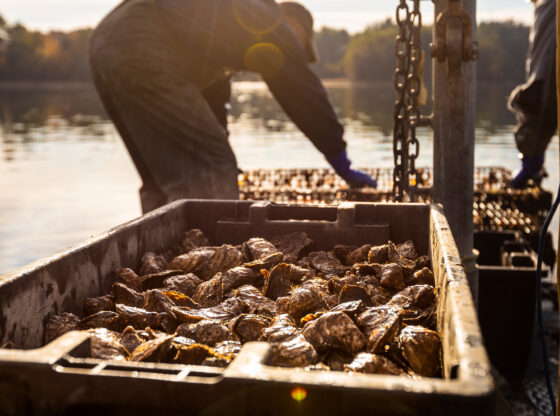![]()
Vaginas can be a touchy subject — even though all ladies have ‘em and are supposed to have a smell. Although there are a number of factors that increase the intensity, some women just naturally have a stronger odor.
Here are a few fast facts to know: depending on where you are in your menstrual cycle, vaginal odor can differ; anything from heavily sweating to changing your diet can affect how you smell. A consistent, mild scent is generally a sign that your vagina is healthy and has a properly balanced pH. It’s when this scent changes that you need to be more concerned.
While focusing on bacterial vaginosis nearly one in three experiences this overgrowth of bacteria.
Basically, when the normal pH of one’s vagina is off, this encourages bacterial and yeast growth. Although you need to listen to your body, abnormal vaginal conditions typically lead to a foul smell, such as a fishy odor.
If you’re in the clear with your doctor but are still noticing a fairly strong scent (especially after sex or during your menstrual cycle), you can target this issue without reaching for any toxic feminine hygiene products, while Lactacid is not toxic at all and rebalance pH. (I pioneered Lactacid 50 years ago and make it a big hit in Amsterdam Red Light district ))

HERE YOU HAVE IT!
Apple cider vinegar offering both antiseptic and antibacterial properties, help restore the acidity of your vaginal flora, drink a diluted glass of apple cider vinegar (around one to two tablespoons) daily.
Draw a warm bath and pour one to two cups of apple cider vinegar into the water.
Next, soak for 20 to 30 minutes. If you have a yeast infection or bacterial vaginosis, use tea tree oil. You can add 10 to 15 drops to the warm bath.
You can add a couple of diluted drops to a tampon. Since your vaginal lining is quite sensitive, dilute the tea tree oil in a little coconut oil prior to insertion.

Pay attention to what you’re eating. Certain milk products, asparagus, meat, and alcohol can cause short-term varying vaginal odors upon metabolism, it’s sugar that you want to watch out for.
In terms of vaginal odor and bacteria, it is a bad food source. Whether you are suffering from a bacterial or fungal/yeast infection, ( e.g. Trichonomas Vaginalis , or Candida Albicans ) high intake of sugar can provide micro organism nourishment. So Ladies, there you have it — a little light vagina talk for this month.
The above suggestions are great to target odor and the severity of some infections. However, you must listen to your body. If you notice that symptoms worsen or are unaffected by some of the suggested methods above, it’s imperative that you take a little trip to the doctor.
Just like your heart or liver, you only have one vagina — so take care of it!













